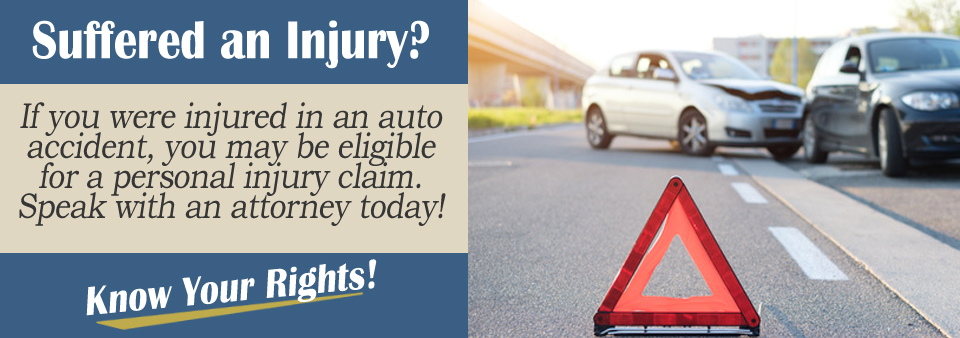Unfortunately, not all drivers are like you and drive safely while on busy roads. When a driver loses concentration when behind the wheel then s/he starts to drive in an unpredictable manner. This is when a head-on collision accident is most likely to take place. If you have been involved in a head-on collision accident and you know for certain it was not your fault, it may not necessarily be that easy to prove which driver caused the head-on collision. It is important to act quickly if you wish to get PI compensation for the head-on collision accident.
How a Head-on Collision May Occur
Head-on collision accidents occur many times every day throughout the country because there are far too many drivers out on the road who lose concentration and start to drive unpredictably. This is when a head-on collision accident takes place. There are certain specific reasons that lead up to a head-on collision accident such as when the driver:
- has taken drugs or alcohol;
- has deliberately driven recklessly;
- was eating and drinking when the head-on collision took place;
- fell asleep when behind the wheel;
- was driving a badly maintained vehicle causing brake failure;
- was using a mobile device and lost concentration.
Damages That Might Occur in a Head-on Collision
There are several types of damages that can be included in a PI claim in a head-on collision like:
- the full cost of all medical treatment for all those who were injured;
- rental car costs while the damaged vehicle is in the repair shop;
- punitive damages if the driver who caused the head-on collision did it deliberately;
- out of pocket costs like cab/Uber fares for hospital visits or to go shopping while unfit to drive;
- cost of the replacing any damaged personal property caused by the accident;
- cost of fixing up the damage to the vehicle;
- a sum of money for the pain and suffering caused by head-on collision;
- a proportion of wages lost while off work recovering.
How to React if You Are Involved in a Head-on Collision
When a head-on collision accident takes place, the first action to take is to get yourself to an ER for medical treatment. You should also make sure you get as much proof as you can at the head-on collision accident site and exchange information with anybody else who was there when the accident occurred. You should not be afraid to call the police as a police report is important and provides vital proof needed for a successful PI claim.
The type of proof that is particularly useful for a PI claim could include:
- a detailed vehicle repair bill or receipt for repairs if you have already paid;
- eye-witnesses’ accounts and their contact details;
- photographs retrieved from any nearby traffic monitoring cameras, if possible, which show the accident taking place;
- photographs taken by you and the other victims of the head-on collision accident site including all vehicle damage and how the vehicles were positioned at the site of the accident site;
- receipts for medical treatment received so far;
- the police officer’s report;
- unpaid invoices for any medical treatment that has not yet been paid;
- your physician’s medical report, including a diagnosis, treatment administered and likely recovery time.

Speak With an Attorney
You might be thinking that providing you have sufficient evidence, filing a PI claim for a head-on collision accident will be easy. However, getting an at-fault driver’s insurer to honor a PI claim without a struggle is rarely easy. You have a far higher chance of winning a favorable PI claim if you contact a personal injury attorney and ask him/her to work on your behalf. An attorney has a lot of experience negotiating with at-fault drivers’ insurers and is more likely to secure a successful PI claim than if you try to negotiate with an on your own.